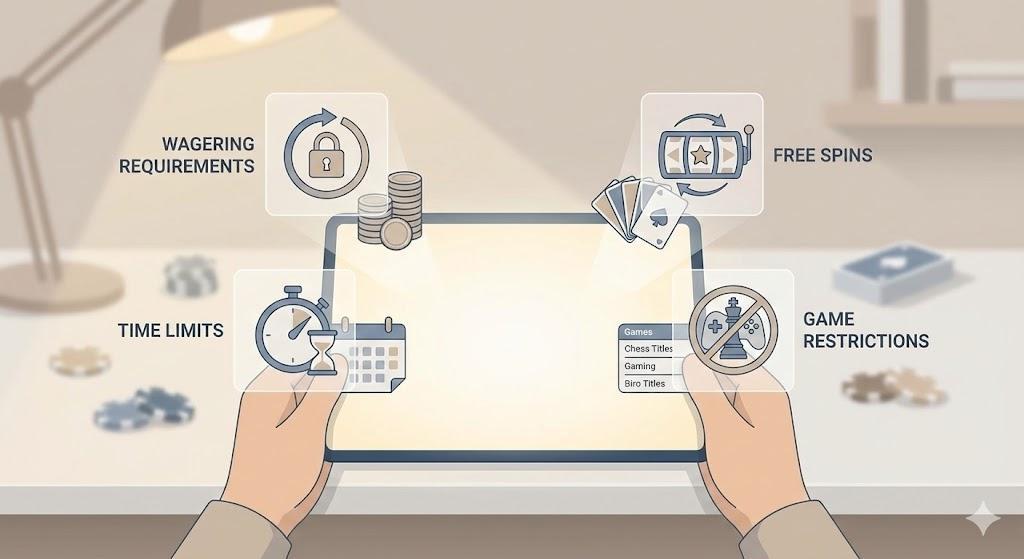Gambling is akin to a national pastime in Canada and is regulated at provincial level, with each province having a slightly different take on how best to deliver legal gambling. Canadians are keen gamers, with over sixty percent of the population admitting to having wagered recently. That means that, despite having a relatively small population compared to its landmass, gambling companies keep a watchful eye on its market. Small changes in Canada can have significant effects on bottom lines and profits. Recently, there have been significant changes, and there are probably more to come. So we sat down with an expert to find out more.
Lara Wilson’s expertise is in casino reviews and gambling guides. Based near Vancouver, she has a background in communication and marketing, and now focuses on writing detailed casino reviews and gaming guides. As one of the resident reviewers at Casino.ca, she regularly evaluates and rates the latest online casinos. Before we dived into the details about how they review and what changes are coming, we asked about her background and what makes Casino.ca different from the rest. After all, everyone likes to know who we are, so we ask the same question of anyone we interview.
GS: Tell Us About Your Experience In The Online Casino Industry In Canada.
LW: I’ve been involved in iGaming for over 15 years, a career pivot that started in Costa Rica during the early days of online poker.
Since then, I’ve worked on both the client and agency sides in Vancouver and remotely, focusing on player communication and casino marketing campaigns.
GS: What Do You Think Sets Casino.ca Apart From Its Competitors?
LW: I would say it’s our top-down approach. We take a comprehensive view of the iGaming market, not just the casinos themselves, but everything that goes into the experience, including regulations, banking, entertainment, and emerging trends, all from a player’s perspective.
We wanted to understand more about the review process, particularly when it comes to new online casinos, because there is a worry that people do not know who to trust when trying out something novel. According to Casino.ca’s expert Lara Wilson, it is all about trusting in the process, minimizing risks, and having fun.
GS: What’s the process you follow to review online casinos?
LS: As a player, my approach is quite genuine and hands-on. Especially if I’m reviewing a new online casino, the review starts as soon as the home page loads – I tackle the experience from that first impression, to banking ease, to spinning slots and playing a few rounds of blackjack (yes, it’s a tough gig). To see it through, I cash out – and repeat much of this process on mobile.
GS: What Are The Factors That Determine Whether One Casino Is Better Than Another?
LS: Online casinos often carry the same games. Take a slot, for example – the gameplay is quite similar across platforms once the game launches, and you’ve left the lobby. So, when a casino does something different, like Betty has, and creates an unexpected or improved experience, that’s gold. Beyond the games, it comes down to basics like navigation, rewards, banking options, and works its way up to whether anything is noticeably best in class, or if it’s a great site, how immersed we become in the brand experience.
We then went on to discuss slots, as they are the most popular choice for iGamers.
GS: What Are The Most Popular Slots Among Canadians And Why? How Does Casino.ca Help Users Find Them?
LS: Canadians love big wins, so it’s no surprise that progressive slots like Mega Moolah with million-dollar+ potential are especially popular. For some time now, titles like Gates of Olympus, Book of Dead, and Wolf Gold have consistently ranked among Canada’s top slots. They’re all high-volatility games with RTPs of 96% or higher and are jam-packed with features that keep spins entertaining. We track Canada’s most popular slots, highlight new releases, and through our free play section, let players test the reels to see if they agree.
GS: What Recommendations Would You Give When Playing Slots?
LS: Look for what brings you joy on the reels – and do not settle. Take the time to find a slot that checks all your boxes before spending real money. Most online casinos offer demo modes so you can spin without using your own dollars, or they provide enough browsing options, like penny slot sections, themed collections, or slots categories built around bonus rounds (walking wild slots, expanding reels, etc) to help you find a good match.
While there are new slots and games for players, the biggest changes in Canada right now are around the industry in general. Regulation and oversight are evolving, and the market is shifting increasingly towards commercial operators. We wondered what Lara thought about that.
GS: What Is Your Opinion On The Evolution And Growth Of The iGaming Industry In Canada?
LS: It’s reassuring to have the added security that regulation brings, but there’s also a balance that, in my opinion, needs to be realigned. Views on gambling can be quite polarized. On one side, there’s a strong push to protect players, which is necessary, but on the other, it can feel overly restrictive (for both players and operators) compared to how other industries are treated. Striking that balance between protection and freedom is what will ultimately shape how Canada’s iGaming market grows.
GS: What Is Your Forecast For The Canadian Market In The Future?
LS: I see it following Ontario’s success, with Alberta next and other provinces closely watching, bound to follow in time. Eventually, it makes sense to merge player pools regionally, much like PlayNow does, making the Canadian market more attractive for growth.
And finally, we could not conclude the interview without inquiring about Alberta and its implications for the country as a whole.
GS: How Important Do You Think Alberta Will Be For The Future Of The Industry, And What Are The Next Steps For The Rest Of The Provinces?
LS: Alberta, following Ontario’s lead, is expecting to launch early 2026. Over the coming year, data from Alberta’s launch will help guide other provinces, depending on their size, on whether a government-run model like B.C.’s or an open, competitive market makes the most sense. If B.C. ever opens up its model, we’ll have our answer, and hopefully begin merging provincial player pools, making it less of a hoops-and-hurdles hassle for operators to enter.





